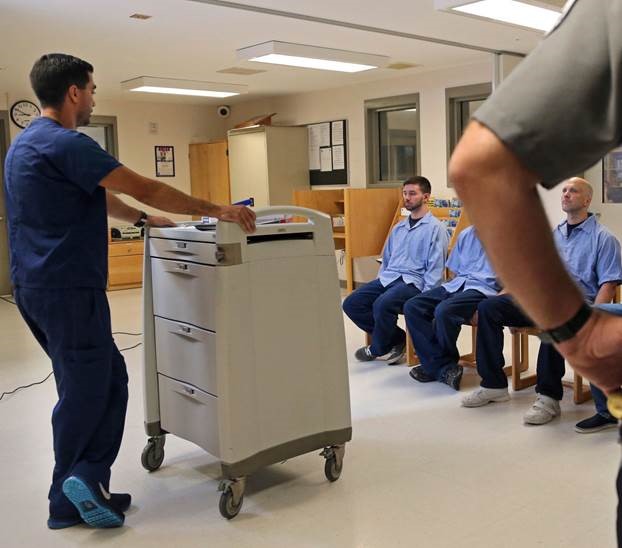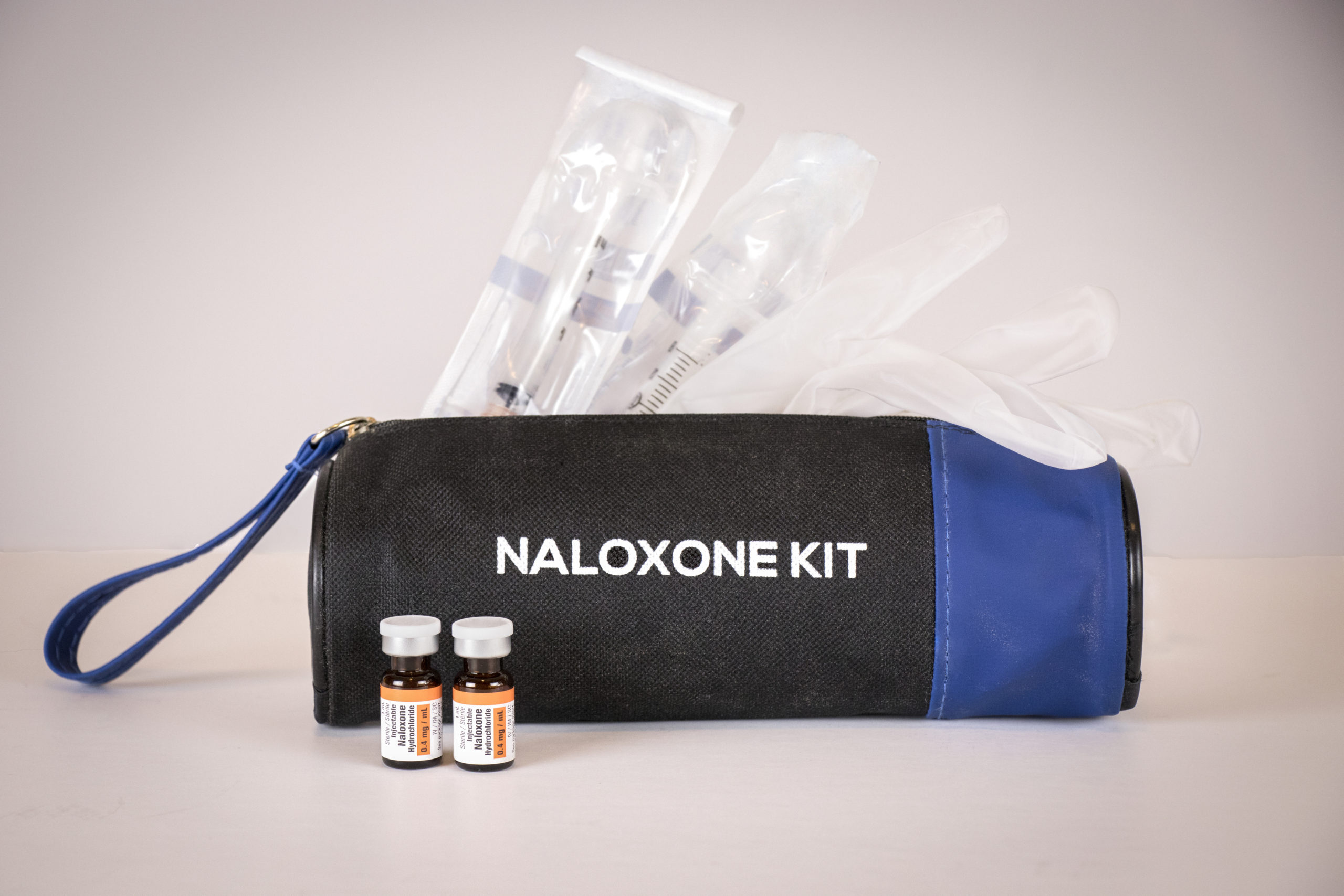March 2, 2022
|
Controlled Substances,
Criminal Justice,
Drug Courts,
First Responders,
Harm Reduction,
Law Enforcement,
Model Laws,
Public Health,
Public Safety,
Recovery,
Substance Misuse,
Treatments
The Model Law Enforcement and Other First Responder Deflection Act, drafted in collaboration with the Police, Treatment, and Community Collaborative (PTACC), encourages the use and establishment of deflection programs on the state level. Specifically, the model act (1) authorizes law enforcement and other first responders to develop and implement collaborative deflection programs that provide proactive policing to assist individuals who are at risk; (2) offers pathways to treatment, recovery services, housing, medication for addiction treatment, whole family services, and other needed supports; (3) requires deflection programs to have certain threshold elements to be eligible to receive grant funding; and (4) requires agencies establishing deflection programs to develop comprehensive memoranda of understanding in conjunction with, and agreed to by, all deflection program partners....










